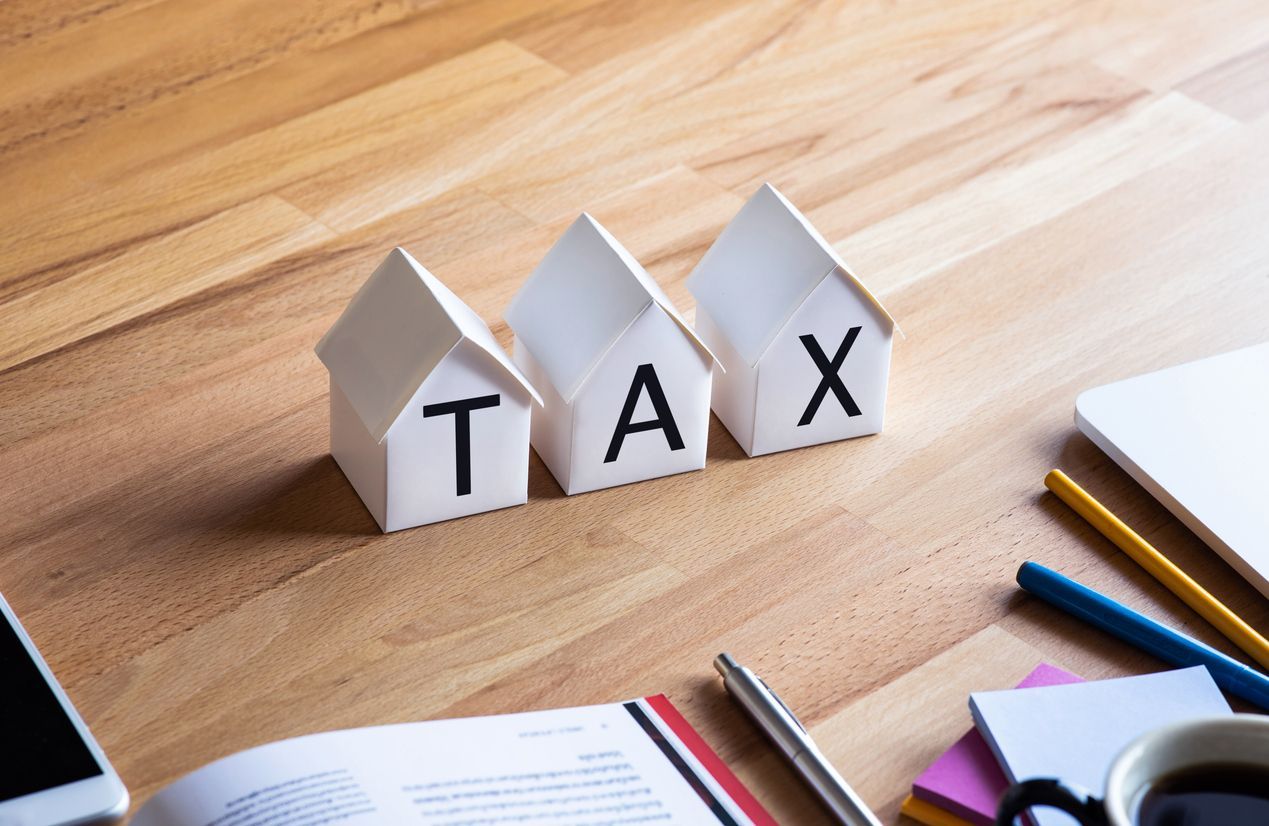What is the VA Home Loan Guaranty?
For those who’ve completed military service or are actively serving our country, the VA Home Loan Guaranty is a great path to achieving the dream of homeownership. This U.S. Department of Veterans Affairs program can make owning a home more attainable and affordable.
How does the program work?
You first need to secure financing to buy a home through a bank, credit union or mortgage company. Then the VA works with your lender to guarantee the loan, reducing the lender’s risk.
How do VA loan terms differ from conventional loan terms?
- Most conventional home loans (those that conform to standards set by the federal government) require buyers to put a down payment on their purchase. The VA-backed loan requires no down payment, as long as the price is at or below the home’s appraised value.
- VA loans typically offer lower interest rates.
- Unlike other low-down-payment options, VA loans have no private mortgage insurance (PMI) or mortgage insurance premium (MIP), which adds to your monthly costs.
- VA loans have a funding fee of 1.25%–3.3% of the loan.
How much can you borrow?
Since 2020, VA loans have had no federally mandated limit. However, your lender may use the same limit imposed on conventional loans. In 2025, that limit is $806,500.
Who is eligible for a VA home loan?
- Active-duty service members who have served for at least 90 continuous days.
- Veterans who served for at least 24 continuous months or other specified requirements.
- National Guard members who meet the minimum active-duty service requirement.
- Reserve members who meet the minimum length-of-service requirement.
- Unremarried surviving spouses of veterans, under certain conditions.
For more specifics, visit the VA home loan eligibility page.
What is a certificate of eligibility (COE) and how do I get one?
It proves to the lender that you qualify for the VA home loan benefit. Apply for the COE through your lender, online, or by mailing in the Request for Certificate of Eligibilitypdf (VA Form 26-1880).
VA loans are assumable. What does that mean?
It means any buyer who qualifies with the lender can take over the payment on a VA home loan. When you sell a home with a VA loan in place, if interest rates have increased, this might be an attractive feature for a buyer. However, buyers assuming a VA loan generally will have to put down the amount of the sellers’ equity position, that is, the difference between the price and the loan balance.
Why should I use a real estate agent to help me with the purchase?
Veterans and active-duty service members often have unique needs. Agents who are REALTORS®, members of the National Association of REALTORS®, are there to help you meet those needs when you buy or sell a home. They're your expert guide through one of life's most impactful financial transactions. And many REALTORS® have obtained NAR’s Military Relocation Professional (MRP) certification to better prepare them to work with VA buyers. The VA Home Loan Program Reform Act, signed into law this year, aims to permanently end a VA rule that prevented veterans from paying their agents. The law helps ensure VA buyers can compete on equal terms in today’s housing market.
Source: NAR Consumer Guides










